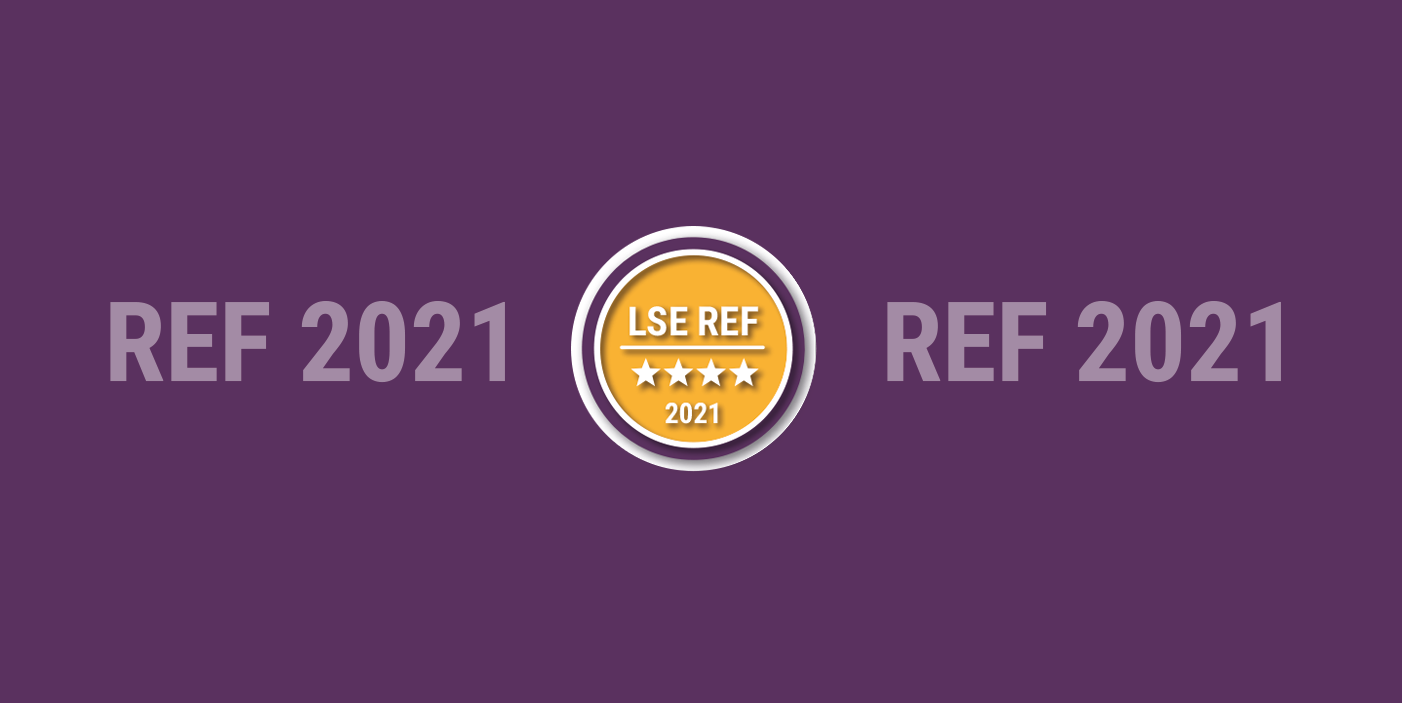 LSE MSc student Alexandra Chernyavskaya reflects on the need for more evidence-based policymaking when considering children’s rights on the internet.
LSE MSc student Alexandra Chernyavskaya reflects on the need for more evidence-based policymaking when considering children’s rights on the internet.
An important issue highlighted by those who argue for better provision for children’s rights online is that the internet is blind to the age of its users, which results in children being treated in the same manner as adult users. The UN Convention on the Rights of the Child recognises both that children have some rights over and above those of adults, and that even when child and adult rights are the same, ensuring children enjoy their rights may take additional efforts. Consequently, more and more stakeholders are charged with implementing children’s rights in the digital environment. This prompts another set of concerns: most of the efforts are concentrated around protection, and are rarely aimed at enhancing children’s participation. In addition, there are cases when protection of children is used as an excuse for tighter censorship and online surveillance.
These issues were raised at the Day of General Discussion of the United Nations Committee on the Rights of the Child, held back in September 2014. Discussions took place in two Working Groups, both of which highlighted the lack of reliable data on children’s use of digital media. Therefore participants agreed that further research is required if policymaking processes in this particular area are to keep up with the continuously changing digital environment. They also suggested the creation of a forum that would facilitate such international research.
In order to establish such a forum and address the challenges regarding research and policy priorities and multistakeholder engagement, EU Kids Online and UNICEF recently held a meeting which drew together “international experts in child rights, child protection, internet and mobile technologies and governance, cross-national survey and ethnographic methods, applied and policy-relevant research, and area specialists from the global North and global South”.
Throughout six sessions dedicated to various challenges, participants stressed the important of the practical application of research and the role it can play in informing policy and intervention efforts. It was pointed out at the very beginning of the seminar that the scarcity of reliable – and more importantly – comparable data hinders the implementation of cross-national policy. However, both researchers and policy makers have to consider whether it would indeed be more helpful to produce standardised and strictly comparable data across countries, or whether qualitative and contextual research to guide the bottom-up implementation of policies would be preferable.
The session dedicated to evidence-based policy further reflected on this dilemma. The importance of remaining pragmatic about the uses of research within society was noted: there are situations where it can be misused or ignored altogether by policymakers, mostly because there are numerous and often conflicting interests at stake in governing the internet. It is therefore vital to establish collaboration with policymakers and to ground the research in needs of stakeholders. Finally, the decision has to be made about which stakeholders, and more specifically which individuals, can become involved in the process. For this it’s essential to determine who will be prepared to listen and what they might hear.
In an attempt to provide further individual insights and to create resources for those interested in the topic, participants responded to three key questions related to researching children’s rights globally in the digital age. The experts’ responses about the evidence’s potential contribution to future policy developments provided the following insights:
- Particular attention has to be paid to cases when research points in the opposite direction from that where current policymaking is heading.
- Research can help policymakers hear children’s own opinions on a range of matters. However, to make those opinions available, research might need to combine quantitative data with real stories that often hide behind the numbers.
- It often happens that the policymaking process follows moral panics and public outcries. In such situations research, has a two-fold purpose. First, it helps policymakers to resist moral panics and, second, if results are made publically available, it helps to prevent the formulation and further circulation of false beliefs.
- In order to have an impact, researchers have to understand how policies are formulated and what stages the process goes through. This will affect the way findings are presented to policymakers. It might also help to frame the research in a way that would allow answering specific rather than general and broad questions.
One priority now for the research community is to share expertise to design a research toolkit and undertake new empirical research that can meet the evidence needs of stakeholders seeking to underpin children’s rights globally in a fast-developing digital environment of policy, provision and practice. Watch this space!
This post gives the views of the author, and does not represent the position of the LSE Media Policy Project blog, nor of the London School of Economics and Political Science.




